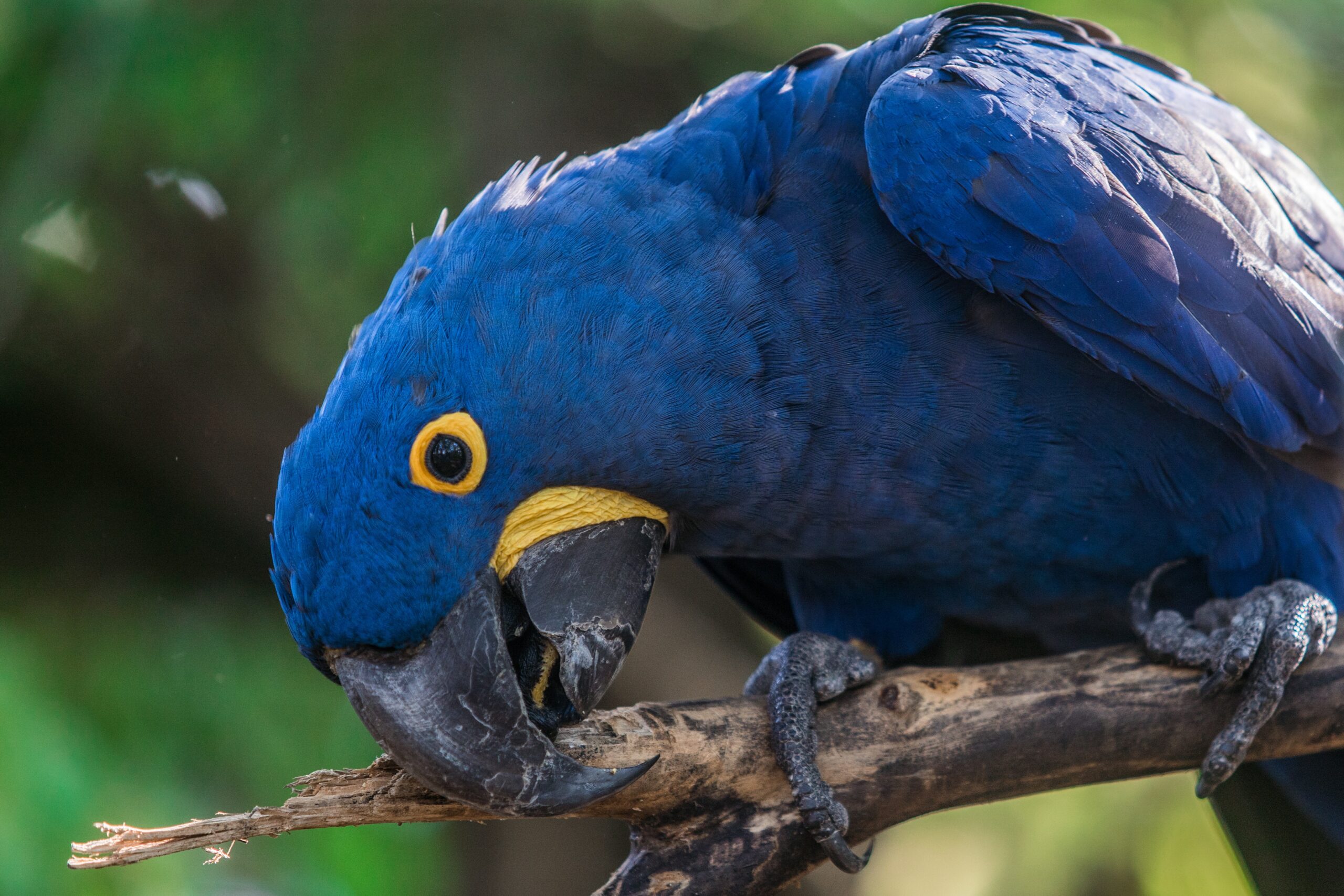Canine Distemper Virus
Canine distemper virus (CDV) is a contagious and often fatal viral disease that affects dogs, foxes, wolves, raccoons, and other wildlife. It is caused by a single-stranded RNA virus belonging to the family Paramyxoviridae, which is highly contagious and can easily spread from one animal to another.
In this article we will discuss about its transmission, symptoms, treatment and prevention. Read on to learn all you need to know to keep your pet safe.
Transmission:
CDV can affect a dog’s respiratory, gastrointestinal, and nervous systems. The virus is transmitted through contact with infected bodily fluids, such as saliva, urine, and blood, or through direct contact with an infected animal’s respiratory secretions. It can also be transmitted through indirect contact with contaminated objects, such as food and water bowls, bedding, and toys.
Symptoms:
Symptoms of canine distemper virus may include fever, coughing, sneezing, nasal discharge, vomiting, diarrhea, loss of appetite, and lethargy. As the disease progresses, neurological symptoms may develop, such as seizures, tremors, and paralysis. In severe cases, CDV can lead to death.
Treatment:
There is no specific treatment for canine distemper virus, but supportive care can help manage symptoms and improve the dog’s chances of recovery. Treatment may include intravenous fluids, antibiotics to prevent secondary infections, and anticonvulsants to control seizures.
Prevention:
Prevention is key when it comes to canine distemper virus. Vaccination is the most effective way to prevent the disease. Puppies are typically vaccinated against CDV as part of their initial vaccination series, and adult dogs should receive regular booster shots to maintain immunity. It’s also important to practice good hygiene, such as regularly disinfecting surfaces and washing hands and clothing after handling an infected animal.
In addition to being a serious health concern for dogs, canine distemper virus also poses a threat to wildlife populations. In areas where CDV is present, it can have devastating effects on wild canid populations, such as wolves and foxes. Wildlife conservation efforts often include monitoring for and managing outbreaks of the virus.
In conclusion, canine distemper virus is a serious and highly contagious disease that can have devastating effects on both domestic and wild canid populations. Prevention through vaccination and good hygiene practices is the best way to protect dogs and wildlife from this deadly virus. If you suspect your dog may be infected with CDV, it’s important to seek veterinary care immediately.
You May be Interested in…
Common Pet Diseases Prevented by Vaccination
Risks and Benefits of Pet Vaccinations



